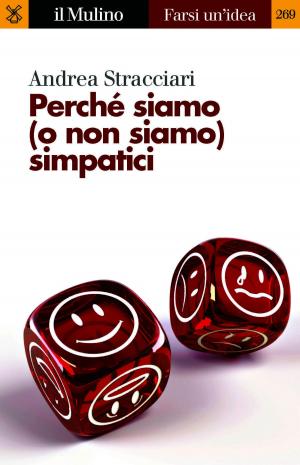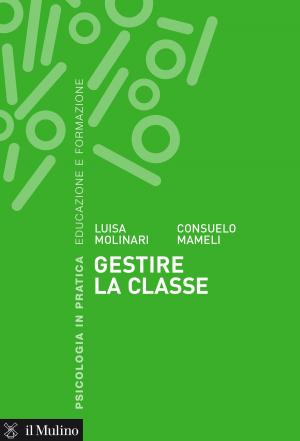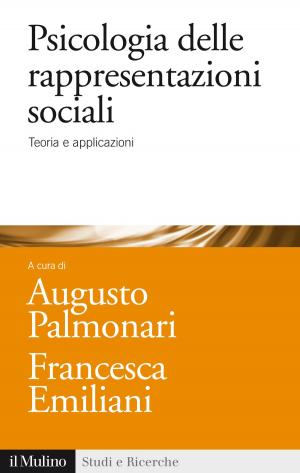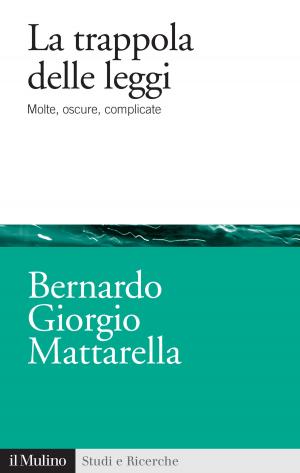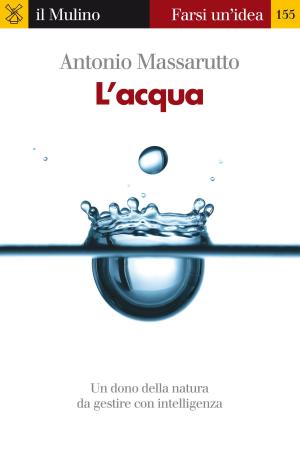Democracy and subsidiarity in the Eu
National parliaments, regions and civil society in the decision-making process
Nonfiction, Reference & Language, Law, International| Author: | ISBN: | 9788815316394 | |
| Publisher: | Società editrice il Mulino, Spa | Publication: | July 25, 2013 |
| Imprint: | Società editrice il Mulino | Language: | English |
| Author: | |
| ISBN: | 9788815316394 |
| Publisher: | Società editrice il Mulino, Spa |
| Publication: | July 25, 2013 |
| Imprint: | Società editrice il Mulino |
| Language: | English |
After the entry into force of the Treaty of Lisbon, the evolution of the European decision-making process towards the full enforcement of the principles of representative and participatory democracy – now recognized by articles 10-12 TUE – requires to be studied in depth. The principle of subsidiarity, in force since the Treaty of Maastricht, is going to play a crucial role in the effective distribution of powers among different levels of government in the EU, mainly thanks to the involvement of National and Regional Parliaments in the control of its compliance. The essays collected in this volume originate from a summer school on "Parliamentary Democracy in Europe", co-organised by LUISS School of Government and Nova Universitas, providing a map of the current state of the debate on European democracy by scoping interactions among national legislative bodies, regional and local authorities and civil society when EU decisions are taken. The volume, therefore, offers new perspectives on the EU democratic challenges and on the many dimensions of the principle of subsidiarity.
After the entry into force of the Treaty of Lisbon, the evolution of the European decision-making process towards the full enforcement of the principles of representative and participatory democracy – now recognized by articles 10-12 TUE – requires to be studied in depth. The principle of subsidiarity, in force since the Treaty of Maastricht, is going to play a crucial role in the effective distribution of powers among different levels of government in the EU, mainly thanks to the involvement of National and Regional Parliaments in the control of its compliance. The essays collected in this volume originate from a summer school on "Parliamentary Democracy in Europe", co-organised by LUISS School of Government and Nova Universitas, providing a map of the current state of the debate on European democracy by scoping interactions among national legislative bodies, regional and local authorities and civil society when EU decisions are taken. The volume, therefore, offers new perspectives on the EU democratic challenges and on the many dimensions of the principle of subsidiarity.









